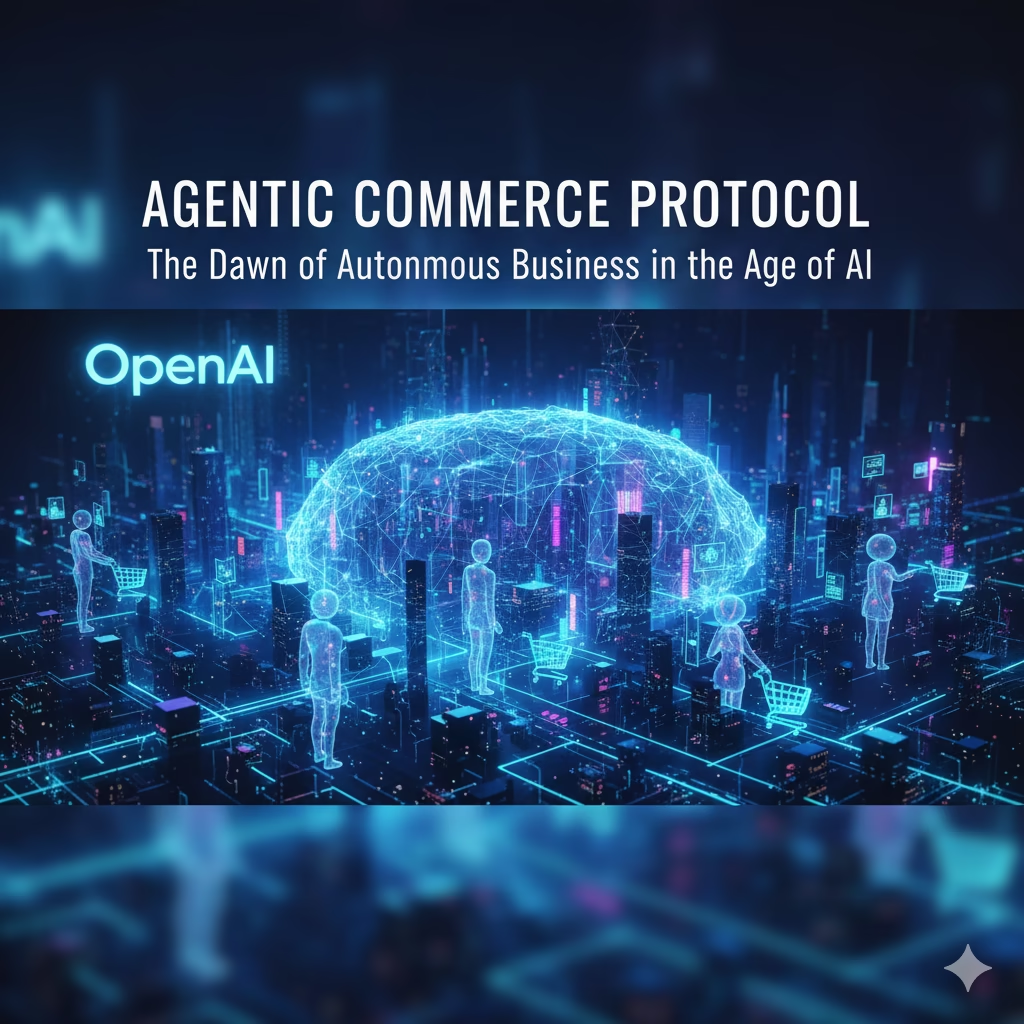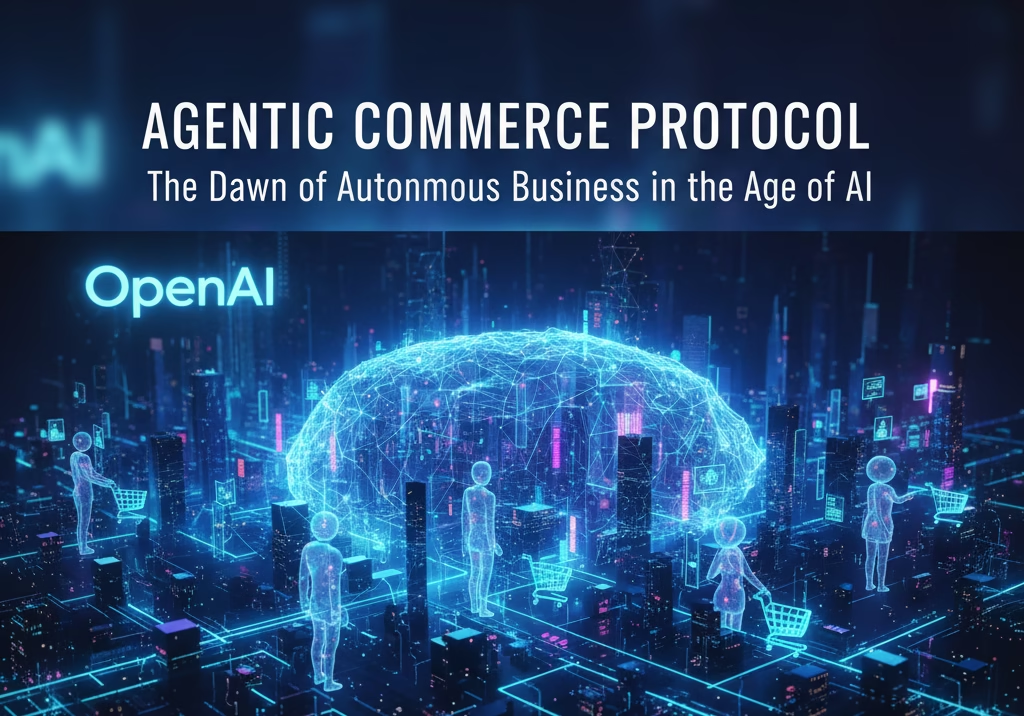
A new paradigm is emerging at the intersection of artificial intelligence and digital transactions: the Agentic Commerce Protocol (ACP). This groundbreaking framework is set to revolutionize how businesses operate, how consumers shop, and how services are delivered, by empowering AI agents to autonomously discover, negotiate, and execute commercial transactions on behalf of users or enterprises. As major players like OpenAI continue to push the boundaries of AI capabilities, the ACP represents the critical infrastructure needed to unlock truly intelligent, self-executing commerce.
What is Agentic Commerce Protocol? At its core, the ACP defines a standardized set of rules, communication methods, and security measures that allow independent AI agents to interact with various commercial platforms (e-commerce sites, service providers, financial institutions, logistics networks) seamlessly and without constant human oversight. These agents are programmed with specific goals, preferences, and constraints, enabling them to act proactively in the marketplace.
The OpenAI Connection: Fueling Agentic Capabilities The rise of sophisticated large language models (LLMs) from companies like OpenAI (e.g., GPT-4 and beyond) is inextricably linked to the viability and power of ACP. OpenAI’s advancements in natural language understanding, reasoning, and even complex problem-solving are the very engines that give AI agents their “intelligence” to perform commerce.
- Understanding User Intent: OpenAI’s models allow agents to accurately interpret complex human requests (“Find me the best flight to Tokyo next month under $1000 that leaves after 6 PM”) and translate them into actionable commercial queries.
- Negotiation and Decision-Making: Advanced LLMs can be trained to understand market dynamics, evaluate deals, negotiate terms, and make optimal purchasing decisions based on predefined parameters and real-time data.
- Integration with APIs: OpenAI’s tools often facilitate easier integration with various APIs, which is crucial for agents to connect with diverse commercial services and databases.
- Ethical Guardrails: As AI becomes more autonomous, the ethical frameworks and safety research pursued by OpenAI are vital for ensuring that agentic commerce operates responsibly and aligns with human values.
Significance Across Industries:
- Business & E-commerce: Businesses can deploy ACP-enabled AI agents to manage supply chains, automatically reorder inventory, optimize pricing strategies in real-time, or even conduct competitive analysis. For consumers, agents could autonomously find and purchase products based on evolving needs, manage subscriptions, or book travel. This leads to unprecedented efficiency and personalization.
- Finance: AI agents could manage portfolios, execute trades based on complex market indicators, or find the best lending rates, all without direct human intervention. This opens doors for more dynamic and responsive financial services.
- Logistics & Supply Chain: Agents can monitor global supply chains, identify potential disruptions, and autonomously re-route shipments or source alternative materials, significantly improving resilience and reducing costs.
- Healthcare: Personal health agents could manage appointment scheduling, find the best deals on prescriptions, or even coordinate care across multiple providers based on a patient’s preferences and insurance plans.
- Science & Technology: Researchers could utilize agents to automatically procure lab equipment, subscribe to scientific databases, or manage data licensing, freeing up valuable time for core research. The development of ACP itself is a significant technological feat, driving innovation in secure inter-agent communication and decentralized transaction validation.
Challenges and the Road Ahead: While the promise is immense, challenges remain, including establishing robust security protocols against malicious agents, ensuring transparency in agent decision-making, and navigating complex regulatory landscapes. However, with continued advancements in AI from leaders like OpenAI and collaborative development of protocols, Agentic Commerce is poised to become the next frontier in digital interaction, transforming industries and redefining what’s possible in an increasingly autonomous world.
